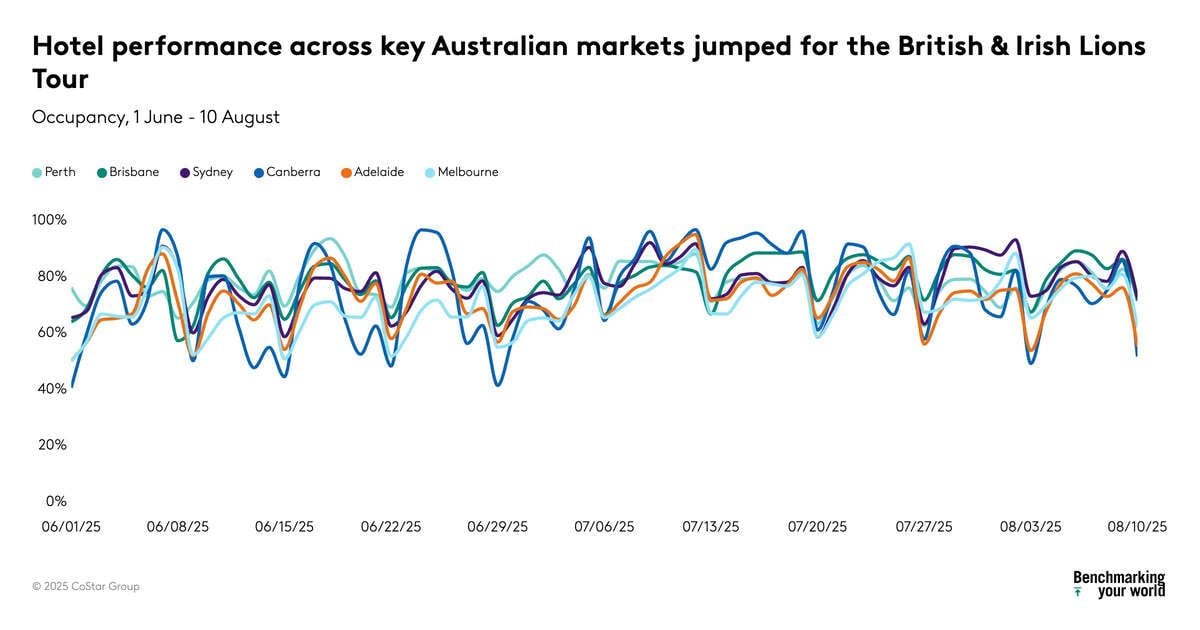Airbnb has said it wants to “aggressively” expand its hotel business, and Skift has found several job openings that point to a global scale: Postings include positions for managers covering the U.S., Mexico, Canada, Europe, the Middle East, and Africa.
Of around 180 open positions listed in Airbnb’s careers portal, there are hotel-related jobs for manager of supply acquisition, supply tech lead (both based in the U.S.), and manager of supply acquisition, EMEA (based in Europe).
Airbnb also listed job openings for hotel senior market managers for Berlin, Barcelona, Canada, Texas, Mexico City, and Sydney.
All but one of the employees eventually hired for these jobs would work within the Airbnb hotels team, “which includes HotelTonight,” the employment ads said. The supply tech lead for hotels would be part of Airbnb’s supply organization.
The manager of supply acquisition for hotels would manage Airbnb account executives and help develop strategy.
Senior market managers would ensure supply expansion of “high-quality inventory” and manage individual hotel and chain accounts, according to the job ads. They would be responsible for “partnering, strategizing, and running daily operations directly with hotels and ensuring that HotelTonight and Airbnb always have the best inventory and deals available for our guests.”
Airbnb co-founder and CEO Brian Chesky said during Skift Global Forum in New York in September that he’s unhappy with the growth rate at Airbnb — which saw revenue climb 9.8% in the first six months of 2025 — and “it should be at least growing in the teens.”
“And I aspire to run the kind of company that’d be growing at more than 20% one day,” Chesky said.
In a research note Tuesday, BTIG analyst Jake Fuller said Airbnb could eventually reach 100 million room nights annually, but it would likely take several years, and wouldn’t be enough to push Airbnb’s growth into the “teens.”
Fuller wrote that an online travel agency’s number of hotel listings has historically been the most significant driver of room night growth.
Citing AirDNA data, Fuller wrote that Airbnb, which acquired HotelTonight for around $400 million in 2019, has about 35,000 hotels currently on the platform. He said it took Booking.com five years (2006 to 2011) to get from Airbnb’s current level to 180,000 hotels, and that Airbnb might be able to hit that mark faster – in 3-5 years.
However, the BTIG analyst argued that Airbnb’s hotel room night bookings per property would likely be “a lot lower” than Booking.com’s was in that period because on Airbnb homes will be the default option.
Airbnb is focusing on adding boutique and independent hotels, and those aren’t the kind of properties that potential Airbnb deals with major bed banks might provide.
“Ramping listings won’t be easy given the door-to-door nature of the process when adding independent hotels,” Fuller wrote.
He estimated that Airbnb could get to the 100 million hotel room nights per year in the 2028-2030 timeframe. “However Airbnb probably delivers fewer nights per property [than Booking.com did] as short-term rentals are its primary focus.”
A source close to Airbnb said BTIG’s analysis doesn’t adequately account for its HotelTonight infrastructure. The argument is that Airbnb is not starting from scratch: It already has hotel relationships and tech in place.
Chesky has also stated that one of Airbnb’s selling points for adding hotels is that it offers them competitive commissions.
When it comes to Airbnb reaching annual revenue growth in the teens, Fuller said his analysis focused on Airbnb’s efforts to build its hotel business and did not assume a material revenue contribution from the new Airbnb Services and relaunched Experiences offering. He said they could feasibly contribute to revenue growth.
Airbnb declined comment for this story.
Get breaking travel news and exclusive hotel, airline, and tourism research and insights at Skift.com.


